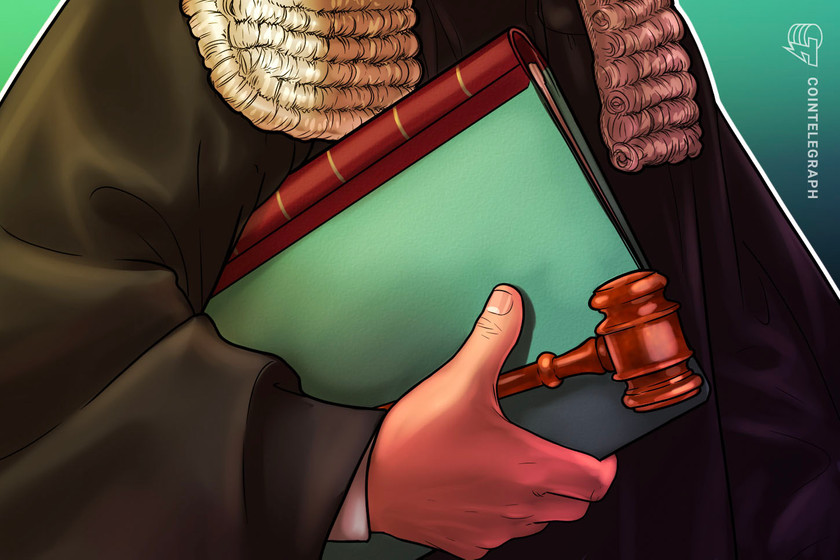US consumer watchdog mulls applying e-banking laws to crypto
The head of the U.S. financial consumer watchdog says it’s looking to issue guidance on how crypto could fall into electronic fund transfer laws.
53 Total views
1 Total shares

The top United States agency for consumer financial protection is considering applying the Electronic Fund Transfer Act (EFTA) to crypto, in an attempt to protect consumers from fraudulent crypto transfers.
Speaking at an Oct. 6 payments conference by the Brookings Institution think tank, Consumer Financial Protection Bureau (CFPB) director Rohit Chopra said his agency is looking at applying the EFTA to “private digital dollars and other virtual currencies.”
“To reduce the harms of errors, hacks, and unauthorized transfers, the CFPB is exploring providing additional guidance to market participants to answer their questions regarding the applicability of the Electronic Fund Transfer Act with respect to private digital dollars and other virtual currencies,” Chopra said.
Passed in 1978, EFTA is a federal law that protects consumers when they transfer funds electronically, whether by debit cards, ATMs or bank accounts and aims to limit consumer losses from unauthorized transfers.

The regulations obligate financial institutions to inform consumers of if — or when — they are liable for unauthorized transfers. Liability disclosures are meant to be communicated before the first electronic transfer happens on a user account.
The move by the agency comes amid an over 150% year-on-year increase in crypto-platform hacks and as the first criminal trial of FTX co-founder Sam Bankman-Fried enters its second week who is accused of fraudulently accessing and using customer funds.
The exchange also suffered a hack north of $400 million in the weeks after its bankruptcy.
Related: Basel Committee to consider disclosure requirements for banks’ crypto assets
Chopra added the CFPB will also issue orders to “certain large technology firms” to gain information on their business practices in regard to the use of personal data and issuing private currency.
Additionally, the agency will look into examining non-banks that offer payment platforms.
Chopra also suggested the Treasury’s Financial Stability Oversight Council should classify some crypto activities as a “systemically important payment clearing or settlement activity.”
“This could provide, for example, other agencies with critical oversight and tools to ensure that a stablecoin is actually stable.”
Magazine: Blockchain detectives — Mt. Gox collapse saw birth of Chainalysis









